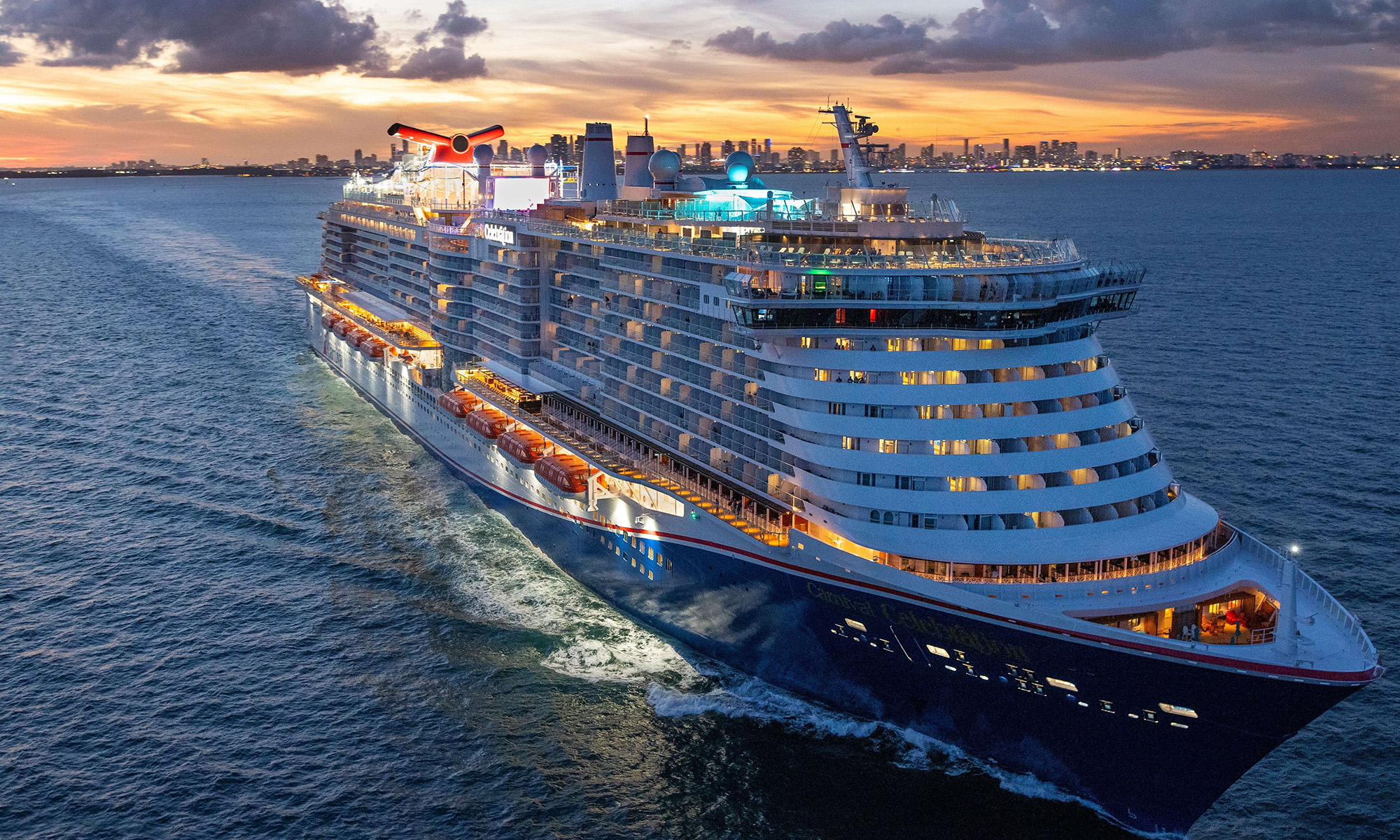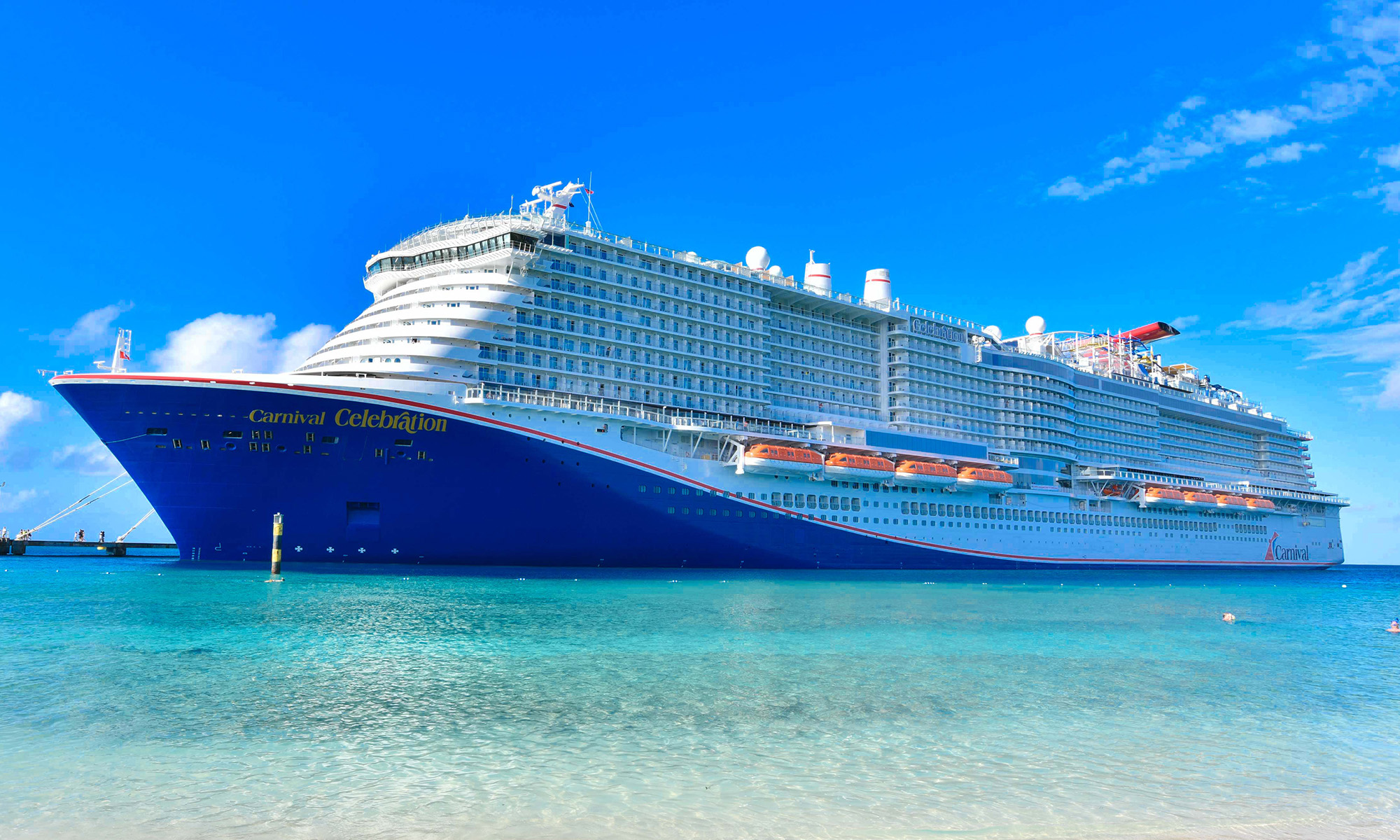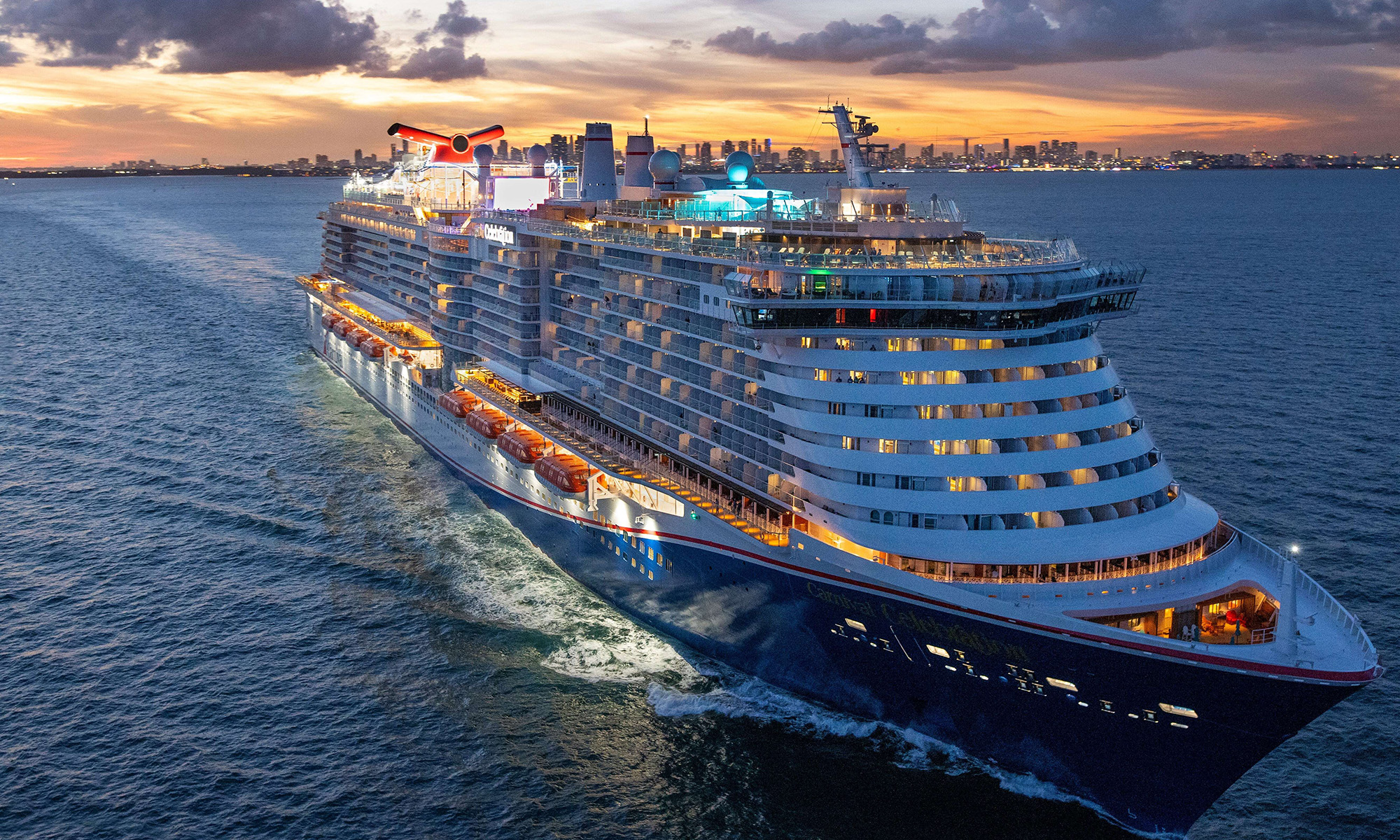Investors had low expectations heading into Carnival's (CCL +0.82%) fourth-quarter earnings report. The cruise ship giant had announced disappointing results in its last few outings, after all, as its growth slowed to a crawl and trailed that of other industry rivals like Royal Caribbean (RCL +2.87%).
The company's report delivered mostly good news to shareholders, with sales growth outpacing management's targets for the fourth quarter even as the 2020 outlook was hampered by a few unusual headwinds.
Let's dive right in.

Image source: Getty Images.
Beating expectations
Carnival's net revenue yields, a core industry growth metric, fell 1.8%. That kept the company far below Royal Caribbean, which last announced a 6.4% increase. Yet the growth performance was good enough to edge past the outlook that CEO Arnold Donald and his team issued back in late September.
The consumer stock's results were hurt by contracting demand in parts of Europe. This slump is impacting both cruise volumes and average ticket prices. The good news is the company overcame the financial drag, in part by adding more global capacity. "In that environment," Donald said in a press release, "to achieve record revenues ... is an accomplishment for any consumer company."
Higher earnings
Earnings trends also beat expectations, as gross cruise costs excluding fuel increased 2.6% rather than the 4.5% uptick that investors were bracing for. The outperformance was partly due to the timing of expenses but was also supported by cost cuts.
That success allowed Carnival to post another year of record earnings, although by a slight margin. Adjusted net income was essentially even at $3 billion in fiscal 2019 as adjusted earnings per share rose to $4.40 from $4.26.
Full steam ahead
Carnival's 2020 guidance was complicated by several one-time issues, including ship launch delays and sluggish booking in the immediate wake of Hurricane Dorian's impact on the Bahamas. Strip these out, and the business remains on track to post a similar year to 2019, with all growth coming from capacity gains rather than through increased net revenue yields.
Specifically, executives are calling for sales to rise by about 5% as capacity increases 6.6% and net revenue yields decline roughly 1.5%. That negative net revenue yields outlook would be closer to flat, management noted, if not for the temporary challenges mentioned above.
Earnings, after adjusting for fuel costs, will likely land between $4.30 and $4.60 per share. Reaching the midpoint of that range would result in another record earnings year and should be supported by growing cruise passenger volume that's slightly offset by falling average prices.
Rival Royal Caribbean has predicted a much brighter pricing environment for its cruises, in part because exclusive berths such as its Cococay resort are convincing passengers to pay up for these trips. Carnival is aiming to achieve a similar pricing boost over time, but first it must overcome weak vacation demand in places like southern Europe as it charts a path into fiscal 2020.







